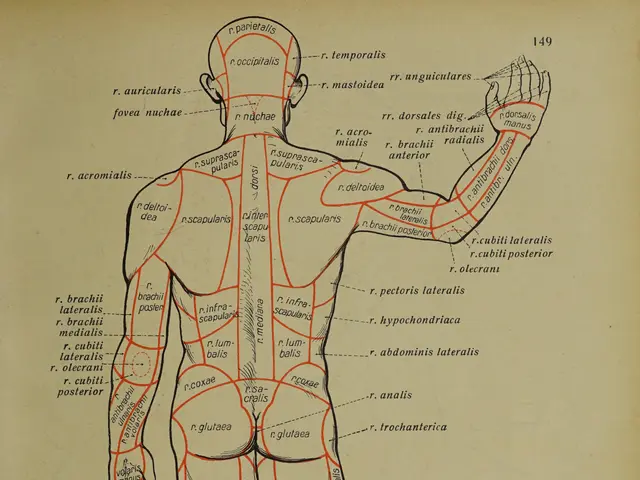Exercise Scheduling and Regularity Impact Heart and Lung Function Over Time
Over the past few years, scientists have gained new insights into the role of the body's circadian rhythm, a 24-hour cycle, on overall health. Disruptions in this natural sleep-wake cycle have been linked to a higher risk of several health conditions, including heart disease, type 2 diabetes, obesity, depression, and certain cancers. Apart from regulating sleep, the circadian rhythm also governs daily activity patterns, such as when a person exercises.
A recent study published in "Medicine & Science in Sports and Exercise" suggests that people who workout at the same time every day may cultivate improved cardiovascular and lung health as they age. The research involved around 800 older adults, with an average age of 76 years, who wore wrist-worn accelerometers for seven days to monitor their daily activities and underwent cardiopulmonary exercise testing to evaluate their heart and lung health.
The study's senior author, Dr. Karyn Esser, explained that cardiorespiratory fitness is a measure of how well the heart, lungs, and muscles work together during physical activity, with higher values being associated with longevity and lower mortality risks. The study's findings suggest that an earlier peak in daily activity and a consistent routine may contribute to better cardiorespiratory fitness and walking efficiency, offering health benefits beyond the activity itself.
Esser also noted that the consistency in the timing and amount of daily activity might work in sync with the intrinsic circadian clock system to maintain health as people age. The study raises the possibility that tailored exercise recommendations may be developed in the future to optimize the physiological benefits for individuals.
Cheng-Han Chen, a board-certified interventional cardiologist, echoed this sentiment, emphasizing the importance of regular exercise for maintaining health as you age. He suggested that the rhythm of daily physical activity might eventually be optimized for better health outcomes in an aging population.
The benefits of maintaining a consistent exercise schedule, particularly in the morning, encompass improved cardiorespiratory fitness, enhanced walking efficiency, and cardiovascular protection, all of which foster healthy aging. As more research unfolds, targeted exercise recommendations may become a reality, potentially reducing the burden of age-related chronic diseases.
- The role of consistent fitness routine in maintaining health as people age is gaining attention among scientists, with studies suggesting improved cardiovascular and lung health.
- The consistency in the timing and amount of daily activity, as supported by a study in "Medicine & Science in Sports and Exercise," aligns with the body's intrinsic circadian clock system, fostering better health as people age.
- For seniors aiming to optimize their health through exercise, a regular routine may contribute to better cardiorespiratory fitness and walking efficiency, offering benefits beyond the activity itself.
- The benefits of a consistent exercise schedule extend to improved cardiorespiratory fitness, enhanced walking efficiency, and cardiovascular protection, all prospects for healthy aging.
- In the future, tailored exercise recommendations may be developed based on research findings, potentially reducing the burden of age-related chronic diseases and promoting longevity.
- Alongside the focus on medicine and general health, the role of fitness, sports, and exercise in aging and longevity is becoming increasingly significant, as indicated by studies on the body's circadian rhythm and its impact on health-and-wellness.








